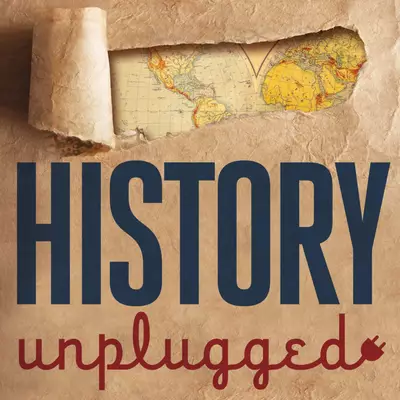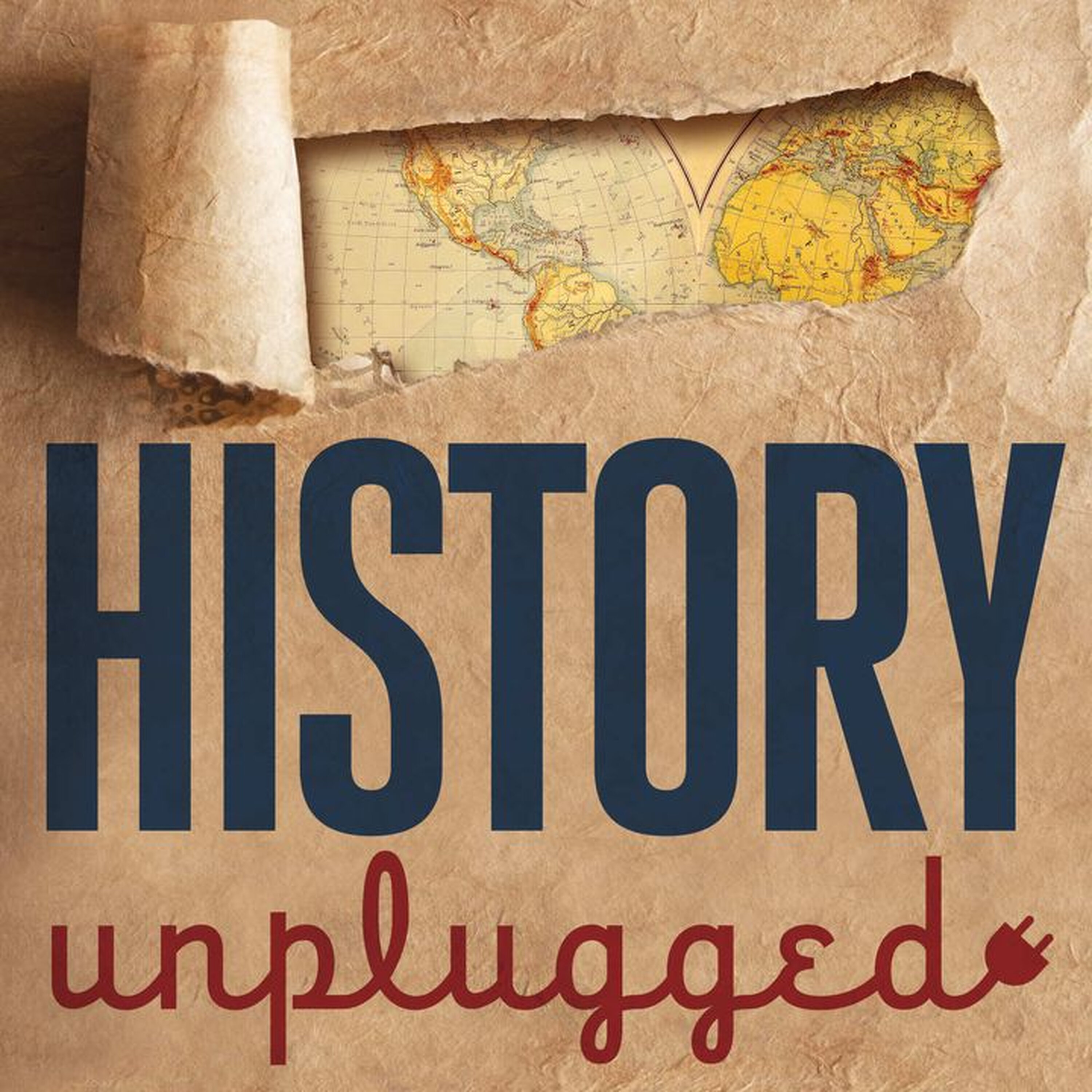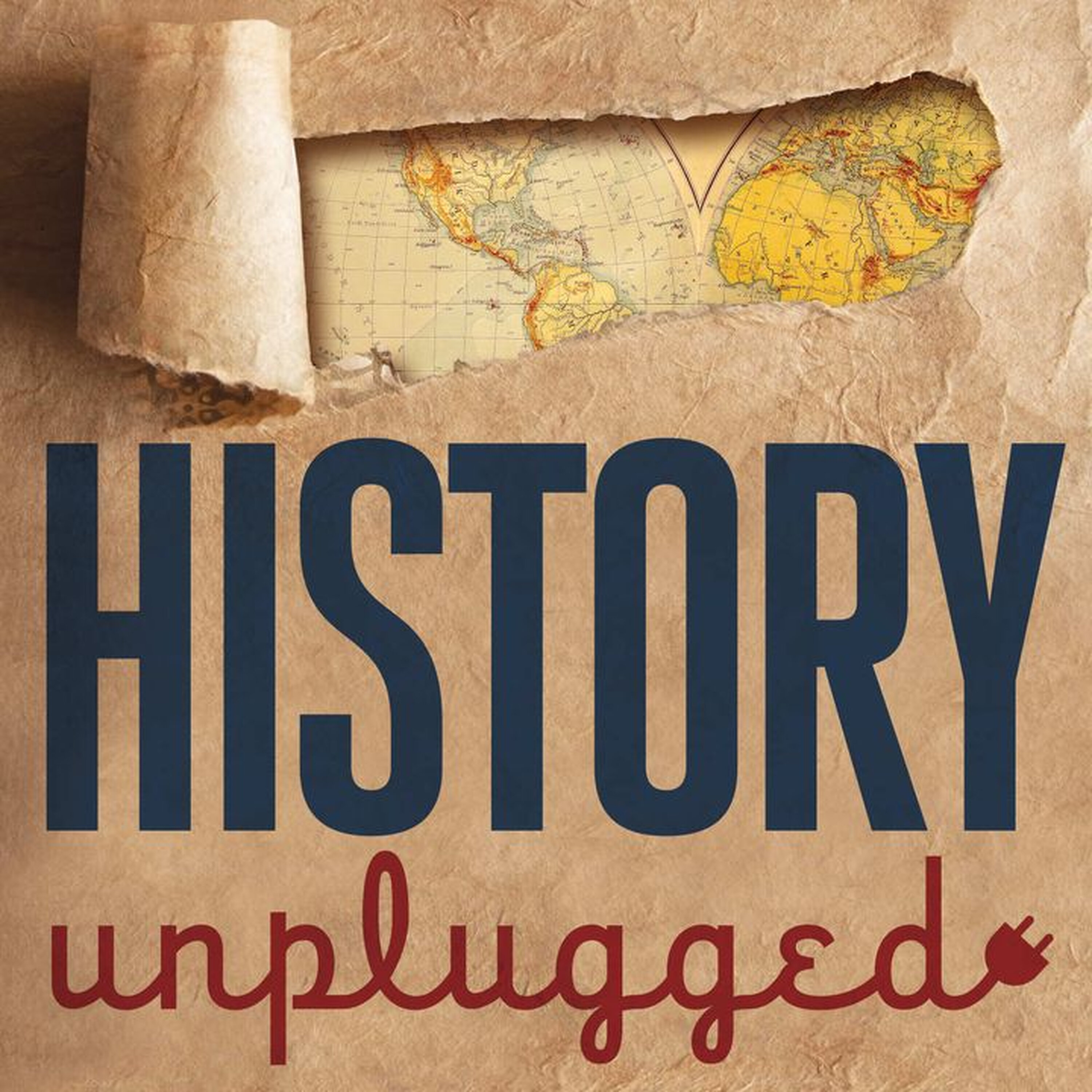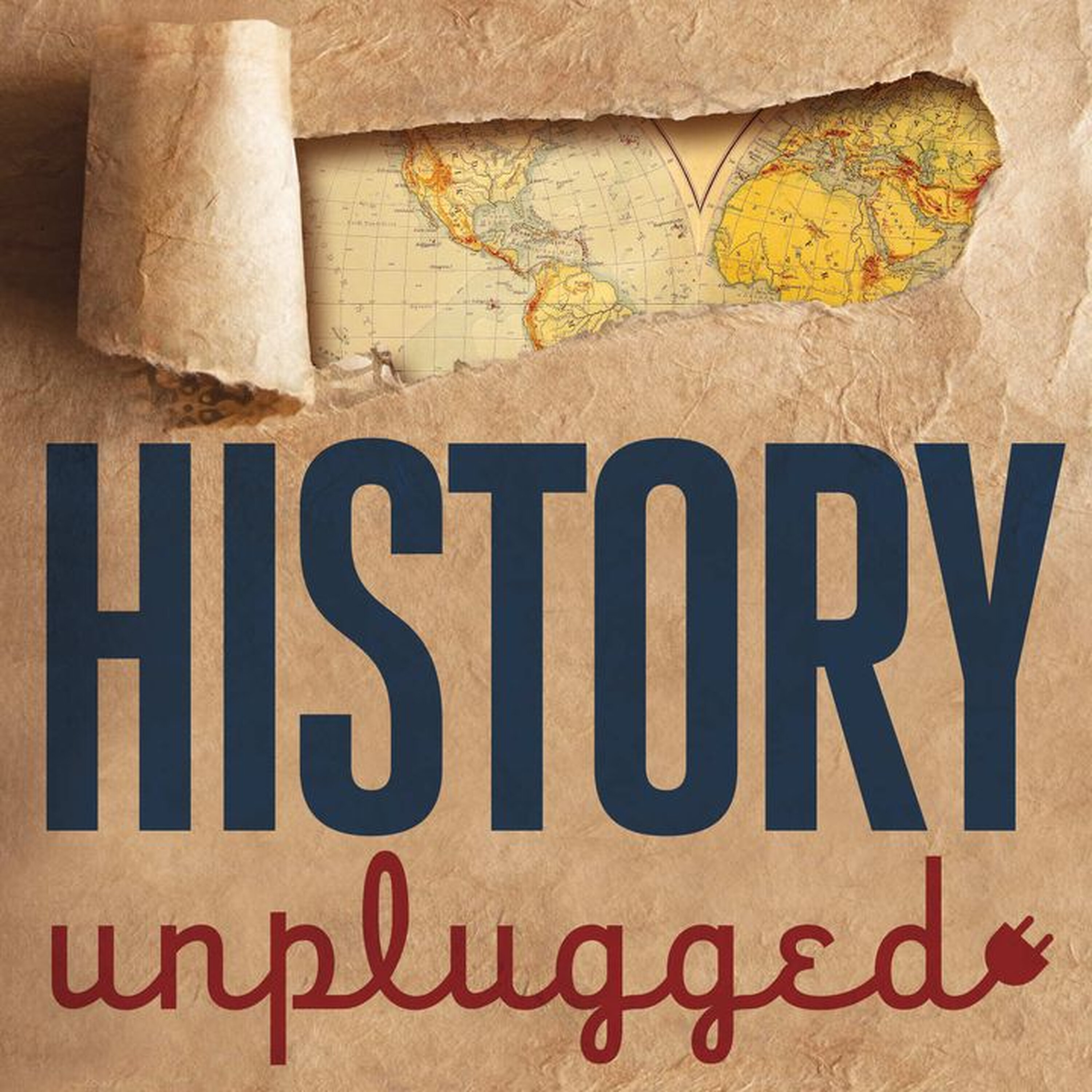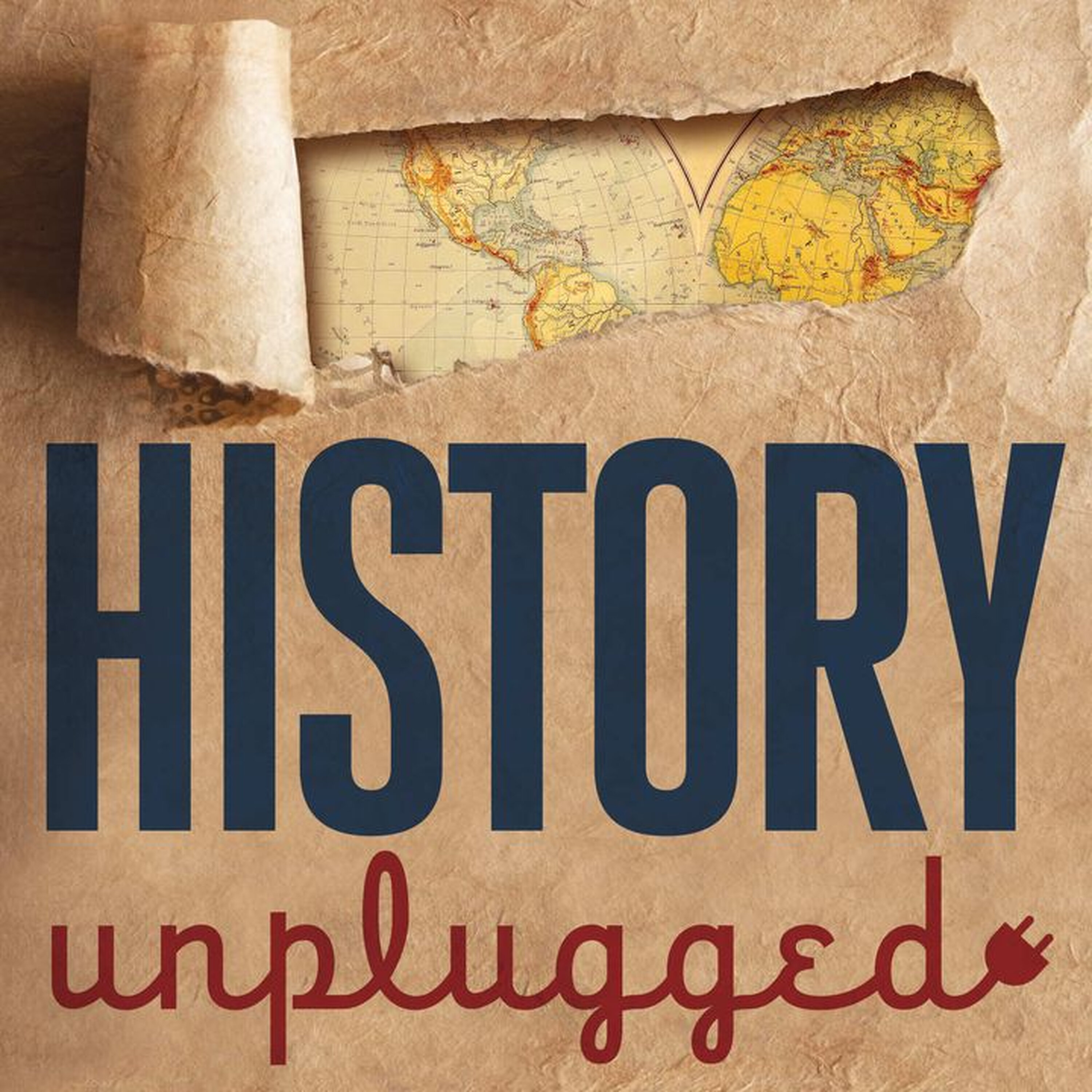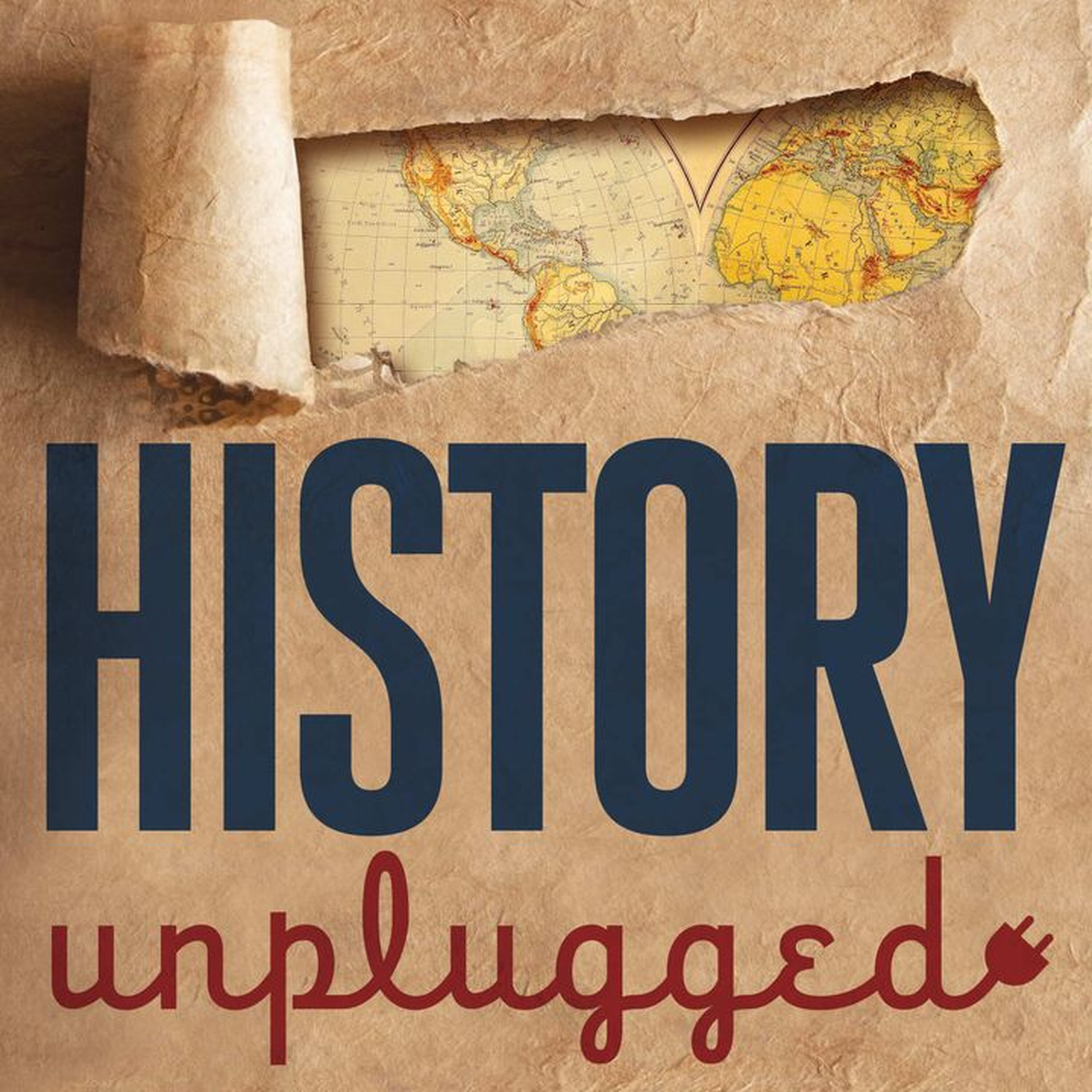Listen on Your Favorite App
History Unplugged Podcast
Scott Rank
For history lovers who listen to podcasts, History Unplugged is the most comprehensive show of its kind. It's the only show that dedicates episodes to both interviewing experts and answering questions from its audience. First, it features a call-in show where you can ask our resident historian (Scott Rank, PhD) absolutely anything (What was it like to be a Turkish sultan with four wives and twelve concubines? If you were sent back in time, how would you kill Hitler?). Second, it features long-form interviews with best-selling authors who have written about everything. Topics include gruff World War II generals who flew with airmen on bombing raids, a war horse who gained the rank of sergeant, and presidents who gave their best speeches while drunk.
Listen on Your Favorite App
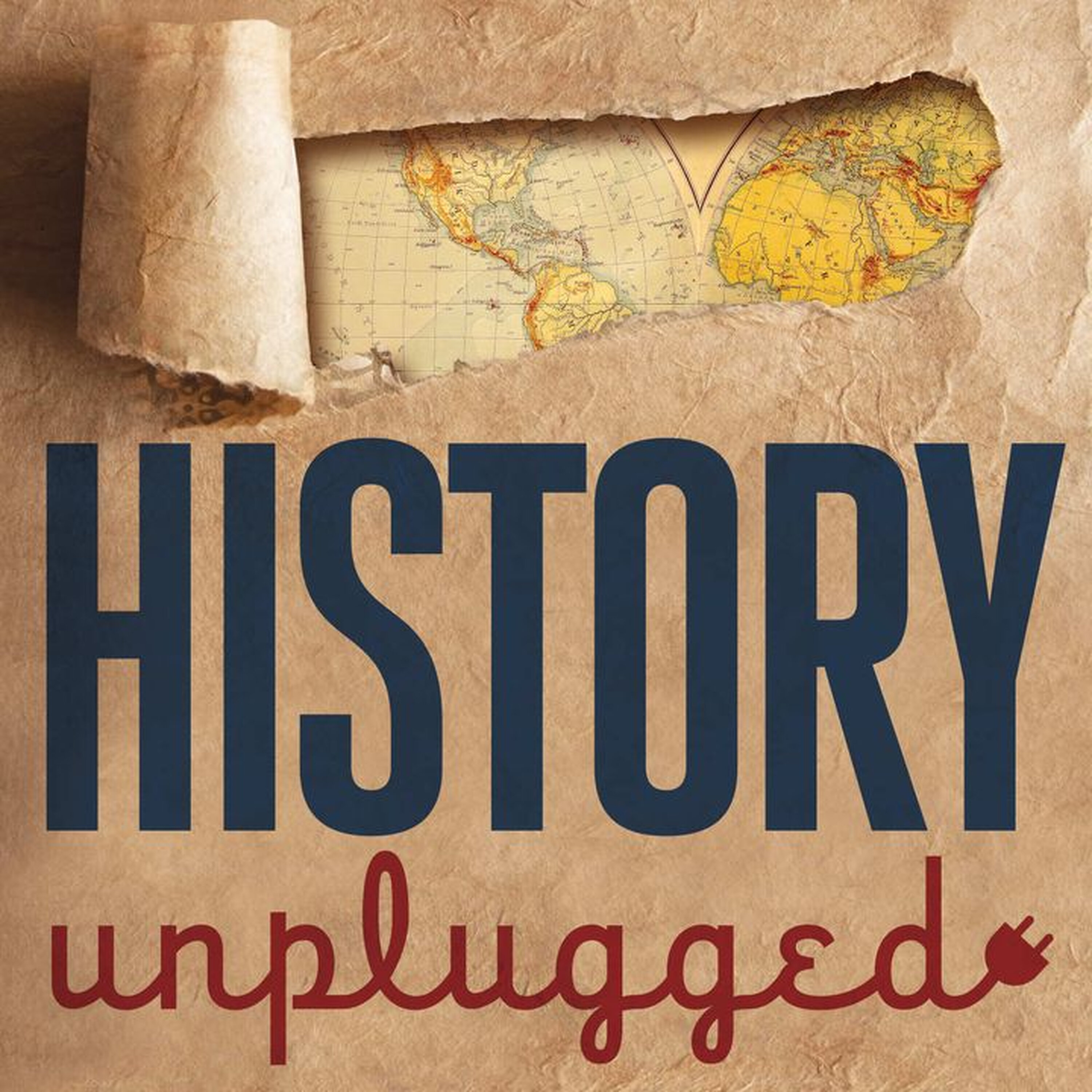
Manifest Destiny, Powered by Coal: How “Black Gold” Conquered the American Continent
January 6, 2026 - 49 min

Diogenes, the Father of Ancient Greek Stoicism, Loving Trolling His Audience and Could Out-Shock Borat
December 25, 2025 - 49 min

Blown Off Course: How History’s Windy Turning Points Sank the Armada and Saved Japan from the Mongols
December 23, 2025 - 46 min
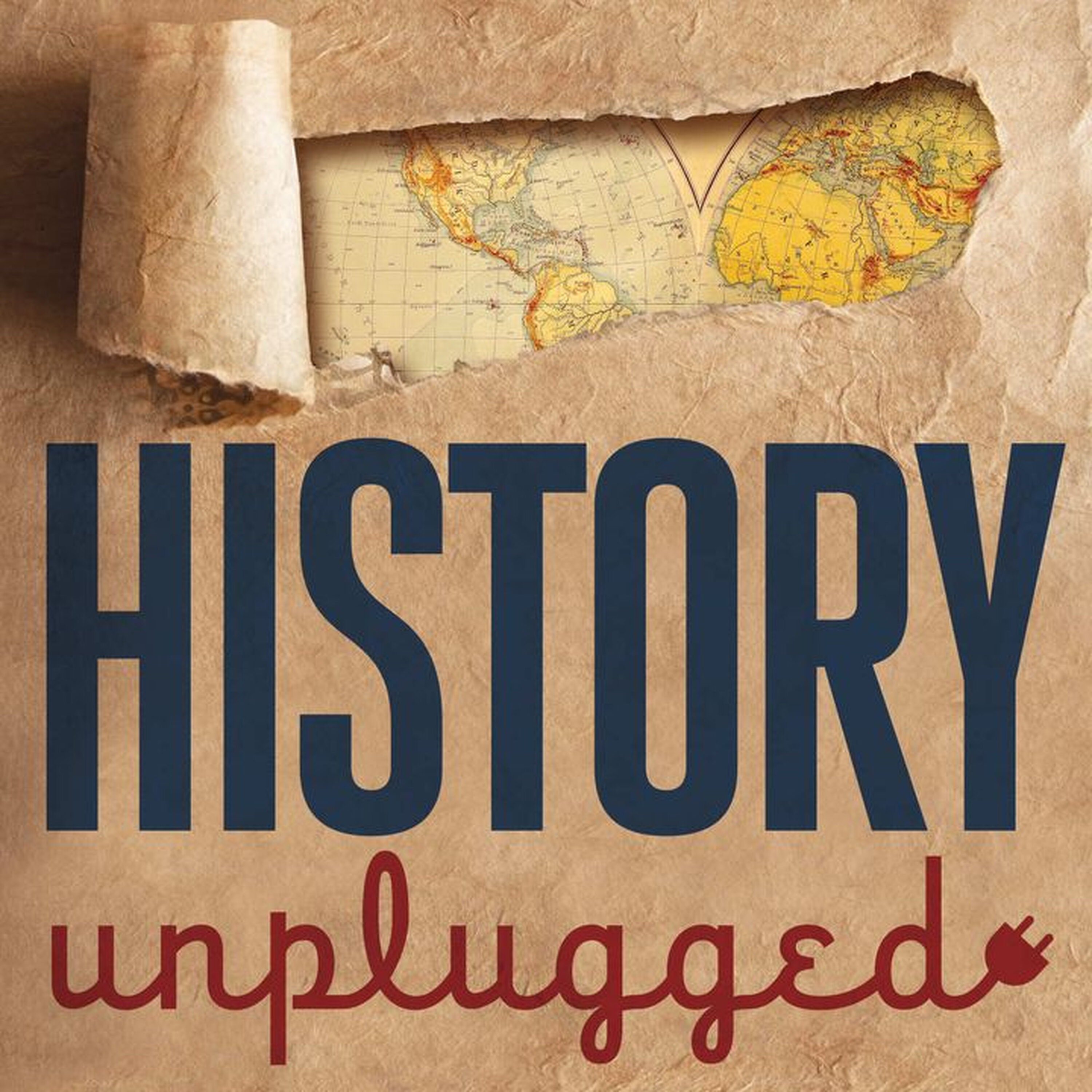
The Great Mathematicians of the Early 1900s Ran into an Unsolvable Problem. They Realized Math Made No Sense
December 16, 2025 - 45 min
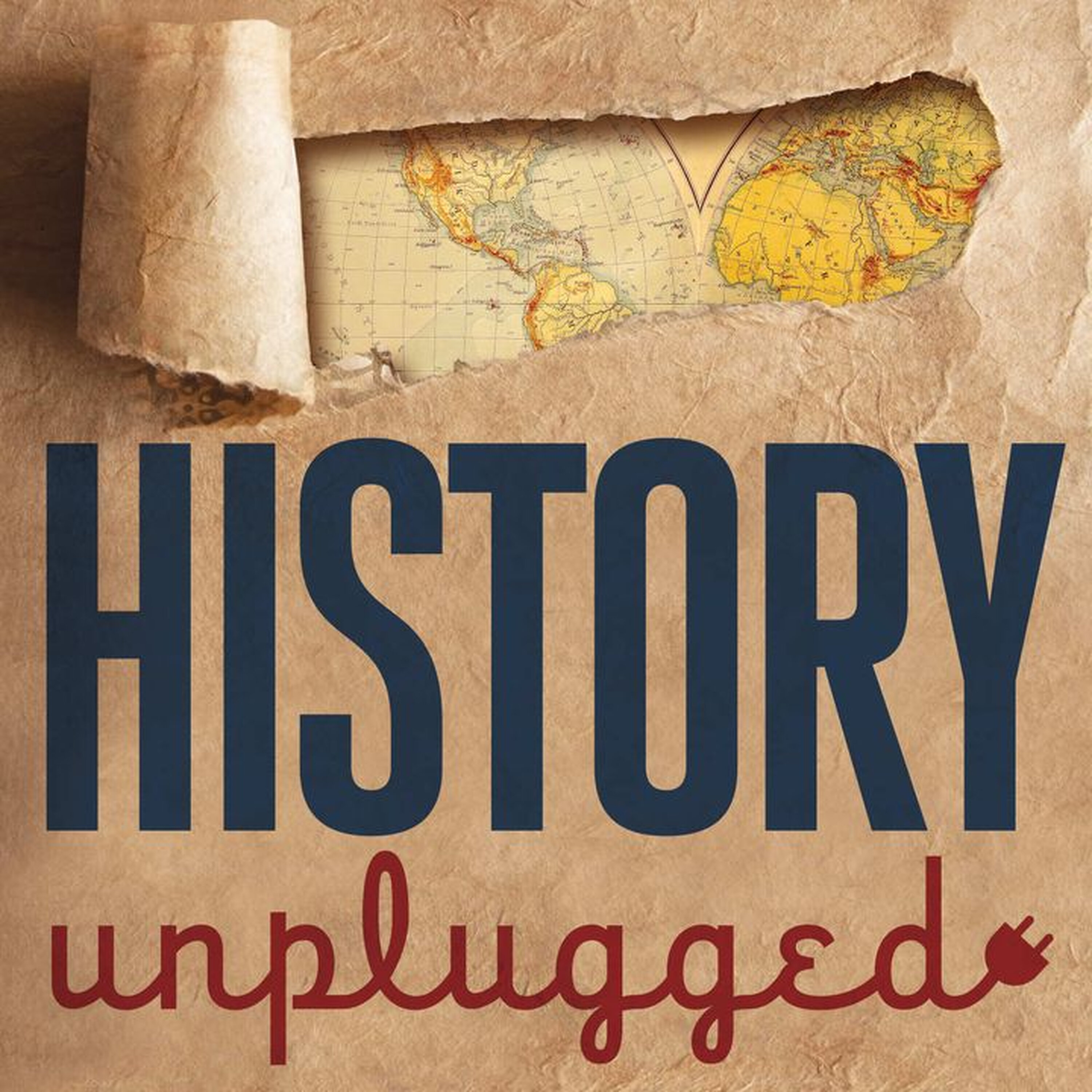
How Napoleon and Churchill Used Neuroscience to Make a Better Soldier and More Loyal Public
December 9, 2025 - 45 min
Meet Your Host

Scott Rank is the host of the History Unplugged Podcast and a PhD in history who specialized in the Ottoman Empire and modern Turkey. Before going down the academic route he worked as a journalist in Istanbul. He has written 12 history books on topics ranging from lost Bronze Age civilizations to the Age of Discovery. Some of his books include The Age of Illumination: Science, Technology, and Reason in the Middle Ages and History’s 9 Most Insane Rulers.. Learn more about him by going to scottrankphd.com.
